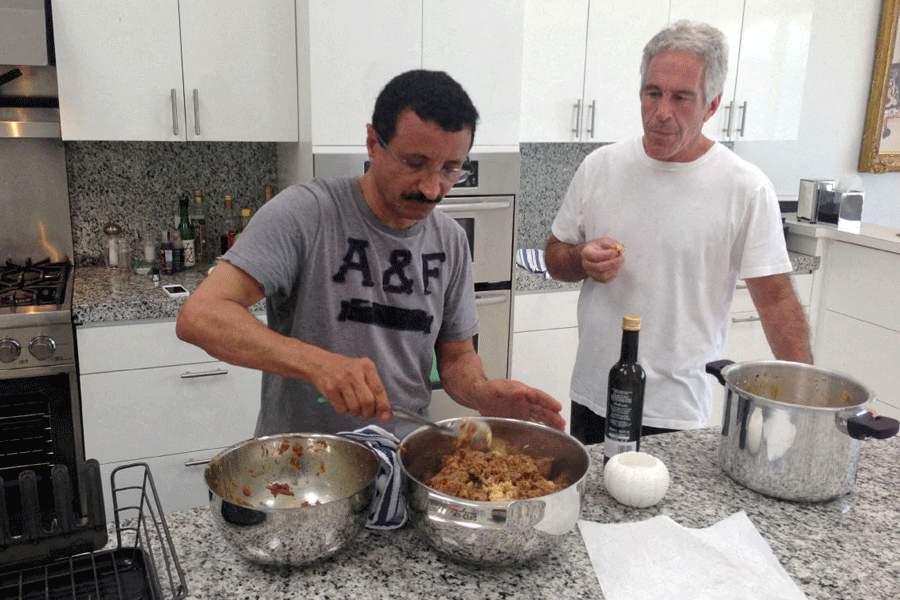 |
New Delhi, Aug. 2: The Centre for Science and Environment (CSE) today said soft drinks continue to hold cocktails of pesticides and charged the health ministry with stalling efforts to set limits.
Releasing the findings of a new study, it said the levels of pesticide residues in some samples tested this year are higher than those observed in samples three years ago.
The CSE tested 57 samples of soft drinks from 25 manufacturing plants across 12 states earlier this year, and found pesticide residues in all. Each contained residues of three to six pesticides.
The tests revealed residues of lindane (a potential carcinogen), chlorpyrifos (a chemical that can affect the brain and nervous system), organochlorines and organophosphates, among others.
Responding to the findings, the Indian Soft Drinks Manufacturing Association said soft drinks manufactured in India “comply with stringent international norms and all applicable national regulations”.
The controversy had first erupted in August 2003 when the CSE had found pesticides in 36 samples of soft drinks picked up from around New Delhi.
Soft drink bottles from Calcutta, Gorakhpur, Mumbai, Nagpur and Nainital tested this year contained residues of pesticides higher than the 2003 samples from Delhi.
Three years ago, India lacked standards for permissible limits of pesticide residues in soft drinks. The CSE had intended its first study to serve as a wake-up call for regulators to fix such standards.
But CSE officials today said the health ministry has stalled a three-year effort by the Bureau of Indian Standards (BIS) to fix regulatory limits for pesticide residues and caffeine in soft drinks.
“This is a public health scandal,” said Sunita Narain, the CSE director. “Our health ministry appears more interested in industrial health than in human health.”
After the CSE study of 2003, the BIS had set up a committee of scientists, government officials, industry representatives and consumer organisations to formulate standards for pesticides and caffeine in soft drinks.
The committee finalised the standards by March 2006. But on March 29, when the committee was about to put its final stamp of approval, the health ministry objected to the standards, arguing that not enough “scientific and technical data” had been made available.
Instead, the ministry said its own expert committee had been considering the issue of pesticide residues and its goal was “to formulate country-specific standards based on transparent scientific criteria”.
“The result is that BIS has finalised standards but they have not been notified yet,” the CSE said. “In the absence of notified standards, there’s no violation of the law.”
Industry officials have argued in the past that since standards have not yet been set for sugar, they cannot be set for soft drinks — a complex product containing water, sugar and other ingredients.
They have also questioned why soft drinks are being singled out for standards when vegetables, milk and even water are known to contain pesticide residues.










